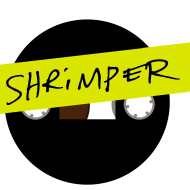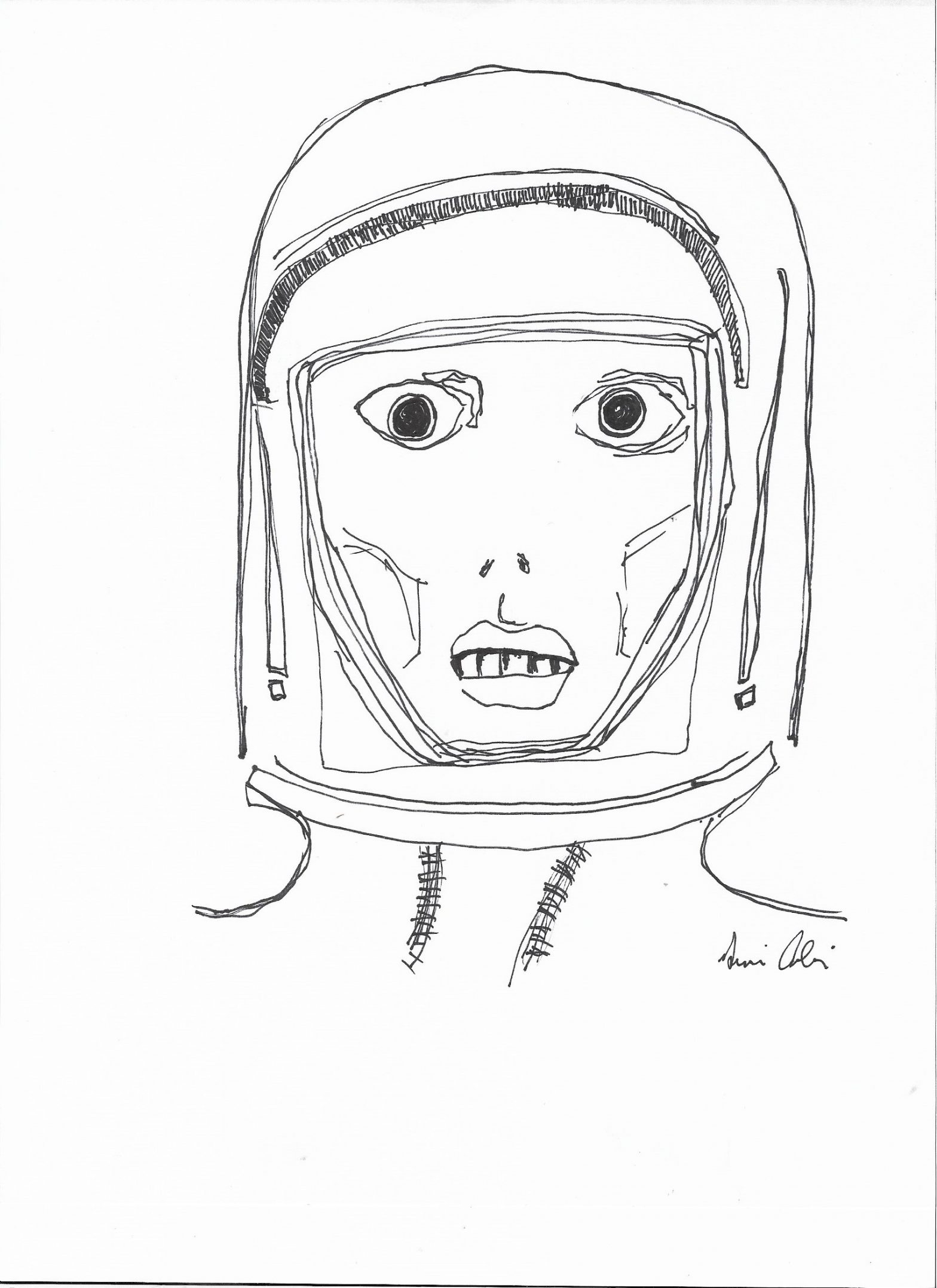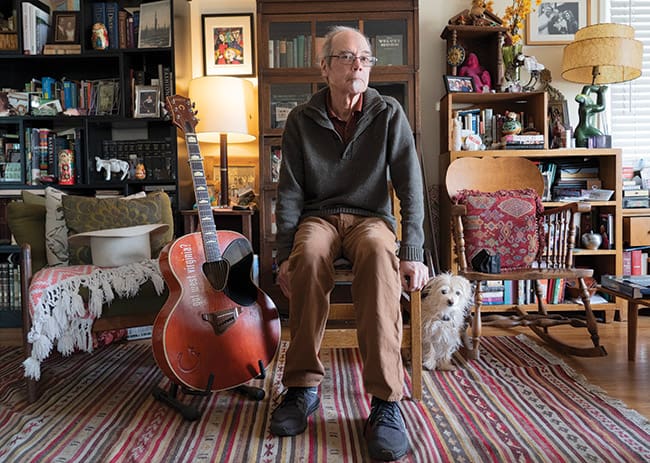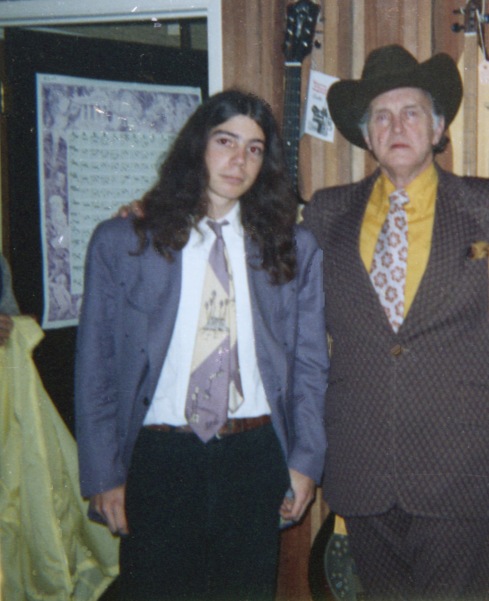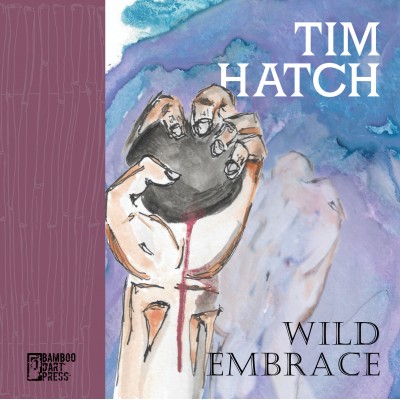Tim Hatch is a writer that came by poetry in the last decade. His poetry is descriptive without being ornate, but that is not to say that Hatch’s love of language and ability to turn a phrase is simple. Maybe simple like the truth. In his first book of published poetry, Hatch offers the flip side of his book on Pelekinesis, My Bariatric Year. That book chronicled Tim’s weight loss surgery delving into not only self image, but self evaluation. His new book Wild Embrace is in inward looking book that peers into his formative years, and experiences of loss that shaped him.
The interview below serves as a wonderful introduction to Tim Hatch. Wild Embrace is a watermark work and Bamboo Dart Press is honored to be issuing books of this depth on our imprint.
The poems of Wild Embrace paint a portrait of your life. Was this collection written within a specific time frame? Edited together from years of writing to form a whole? The earliest poems in this book were written in late 2012 and I had zero intention of them being seen by anyone. I had no intention of making any kind of serious attempt at poetry, but I was in a creative writing program and there were two required poetry classes, so I took them both at the same time to try and get them out of the way as fast as possible. About three weeks later, poetry had its hooks into me. The newest poem in this collection (“Lake Sabrina, 1973”) was written in late 2020, just as Covid was really starting to take people from me, and the helplessness called me back to early childhood. A large part of this collection was my MFA thesis, but several of the poems in there didn’t survive to this version. Anything that was cut was cut because it didn’t serve the overall tone. Or because it sucked. Your childhood home is a huge character in this book, it takes on the personality of your father and your father’s set of beliefs. You being at Lake Sabrina, or out under the stars, or anywhere but home serves as a chance for the reader to also take a breath. The poem “Reunion” takes place on a gentle Sunday morning and is a nice break towards the middle of the book. I appreciated your considering the reader in these poems, giving me a moment out of those more difficult memories, but perhaps you were not thinking of the reader at all?
I was thinking very specifically of the reader! Damn near everything in this book has been read, in varying forms, in front of audiences at countless poetry readings over the last nine years. I’ve spent a lot of time sitting in those same audiences, listening to featured readers, and on a few occasions, I’ve really wanted a change in tone. Pretty early on I made the decision to follow the really heavy stuff with something a little more lighthearted, and the audience response is wildly different (and better, in my opinion). Just as your home takes on anamorphic characteristics, nature stands in for your father, for you, in a number of these poems; bears clawing at you from a table of scattered silverware, a plucked fish out of water dying are intertwined with factual and violent examples of concrete abuse in your childhood.
Yeah. I think a lot of what I’m attempting there, with the nature thing anyway, is to show either an unwillingness to call out my father or an inability to acknowledge it. I’ve never written about this before, partially because I haven’t figured out how to yet, but it wasn’t until I was 36 that I was able to acknowledge I’d been abused. I literally spent my entire adult life prior to that saying things like, “I don’t want to say I was abused, I think that’s an insult to people who’ve been through actual abuse, but…” and then I’d go on to describe something horrific that I’d been through and the people I was talking to had no idea how to respond to that (which in hindsight should’ve been a bit of a clue that maybe I actually had been abused?). For the record, the moment everything changed for me was while driving home one night, alone in my truck, and I put in the new Mountain Goats CD and the third track came on (“This Year”), and by the time it was over, I had to pull off the freeway because I wasn’t able to see through the tears. There was just something about the refrain of “I am gonna make it through this year if it kills me” that took me back to my senior year of high school and honestly not knowing if I could make it to graduation without killing either my father or myself. Somehow I did make it to graduation, and I locked that feeling deep, deep down and forgot about it until hearing that lyric. It was like getting hit in the face with a board. The next day I happened to have a therapy session scheduled and it was in there that I first said the words, “I’m a child abuse survivor,” and I will never forget the look of relief on my therapist’s face. So anyway, I think a lot of my poems have a built-in sensibility that whether it’s in the moment, or years after the fact, the truth is sometimes a little too similar to looking directly into the sun. But then, sometimes you have to call a thing out for what it is.
We are bedside with you attending to a friend in hospice, and casket side with you at another’s funeral. These both read to me of the ultimate in caretaking, of doing work that was far beyond that of your father to do. I have read the book a dozen times, and each read reveals a larger picture of what you are trying to communicate. The pacing, stylistic jumps and subject matter. Was the process of editing the book arduous? Easy? Definitely not easy. Poetry is weird, for me at least, in that I can open up a poem from however many years ago, and as soon as I begin reading it, revision brain kicks in. And sometimes I give in to it, and other times I have to force myself to stop and just accept that I wouldn’t have written the thing any differently back in 2015. There’s a poem in this book called “Endless Stories,” and the only reason I’m certain it’s called that is because I just physically walked into my office and picked up the hardcopy of the book and confirmed the title. That poem has changed so many times since it was first written. It’s a walk through the house I grew up in, but it’s a fictional me, and there used to be a fictional daughter (who I removed, because whatever I was attempting to do with her just felt false after a while), and in the first draft of the poem I was starting on the front porch and eventually I decided to start in the kitchen and end on the porch, and in yet another draft I was revisiting some of the rooms several times, and literally the last few stanzas of the poem, as it appears in this book, only just got written a few months ago. So there’s a whole process of revision that happens at the individual poem level, and sometimes that goes on for months or even years. Organizing the poems into the order they’re presented in the book was comparatively simple, and my guiding principle was very similar to what I was saying earlier about taking the audience into consideration. And none of it was arduous. Revision might be banging your head against a wall but good lord, is it rewarding. Revision is frustration and delight and it’s where damn near all the art of writing takes place. The poem Ms.Guthrie chronicles a teacher that spotlights you. It is a gorgeous ode to a strong woman and authority figure that questioned authority. Your four part poem to her in this book is a lovingly rendered thank you note, fully formed in just a few pages that makes her come alive to the reader. Is she an amalgam of teachers? Did she influence you to teach?
First, thank you. Second, she is a very real person who taught at Sierra Vista Elementary School in the 70s and 80s. She had her own library, several stacks of books, in her classroom and I made an attempt to read through all of them. It was her class that introduced me to Greek Mythology, which I mention in the poem, and it was she who taught me that our leaders are our employees and that we have the right / duty / obligation to question them. In the third fucking grade she taught me this. She was a glorious explosion of a woman, and the person I describe in the poem, and in this response, is an amalgam of all my memories of her, because there’s no way an actual person could live up to all this. She’s almost certainly no longer with us, but if I had any way of reaching her family, I could spend an entire weekend telling them how important she was to me. She influenced me to be who I am today as much as any member of my family (and, in some cases, more). Teaching college is very different from teaching grade school, but whatever similarities there may be, I’m certain I can trace some of my approaches to it back to her.
